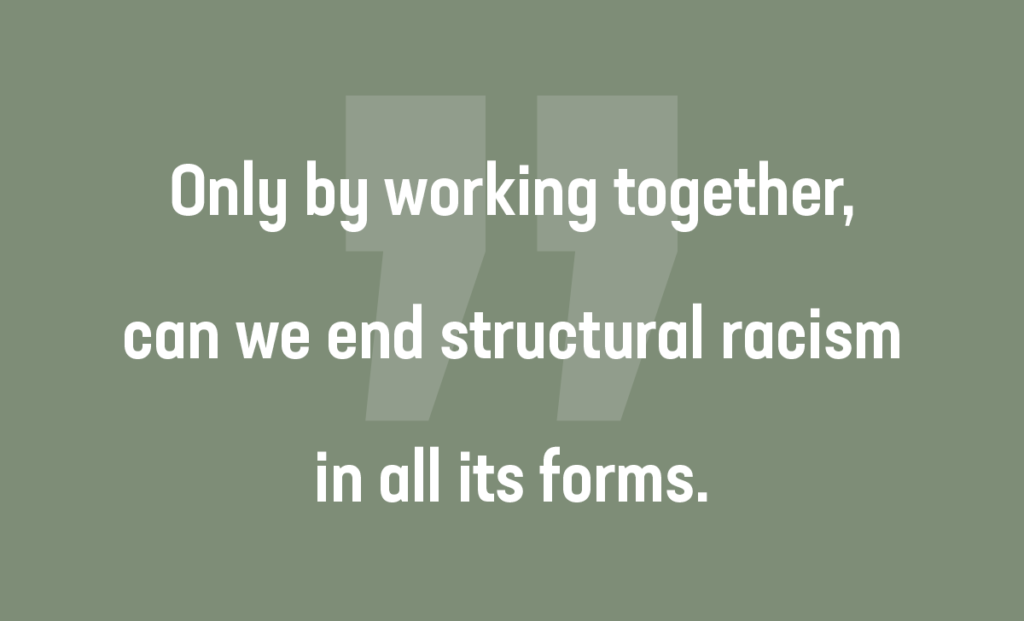
Forgive my long pause. I have struggled to find the words to express the deep sadness and outrage I feel for the murder of George Floyd, a 46-year-old son, brother, father, and human being.
As a Korean American who lived in Los Angeles through the racial turmoil and civil unrest of the early 1990s, the powerful significance and symbolism of watching an Asian American officer stand guard over the killing of Mr. Floyd was not lost on me.
Like many of you, I see this as a pivotal moment for our Asian American community to reckon with our complicity, intentional or not, in perpetuating anti-Black racism and the ways it can manifest in our personal lives, our community politics, and our social systems and structures.
In the wake of COVID, our work in addressing anti-Asian racism must be informed by the longstanding and current struggle to end anti-Black racism. It is why our local work addressing violent crimes affecting our community must not only focus on supporting victims and survivors but must be equally committed to divesting in police in order to defend Black lives and transform our communities to be truly safe for everyone.
We must do better to acknowledge that more policing is not and has never been race neutral. In fact, more policing leads to more African Americans being profiled, more African Americans being harmed, and more African Americans being killed.
Long term, we must strengthen relationships and trust across communities by centering restorative justice, racial healing, and solidarity between and among groups.
Finally, it’s important to lift up the meaningful ways that each of us are listening, showing up and supporting the Black Lives Matter movement. Please amplify and support the work of Coalition of Asian American Leaders who are calling for unity and solidarity in Minnesota, and APIENC who has organized calls to action from Black-led groups.
Only by working together, can we end structural racism in all its forms.
In community,

Cynthia Choi
Co-Executive Director



